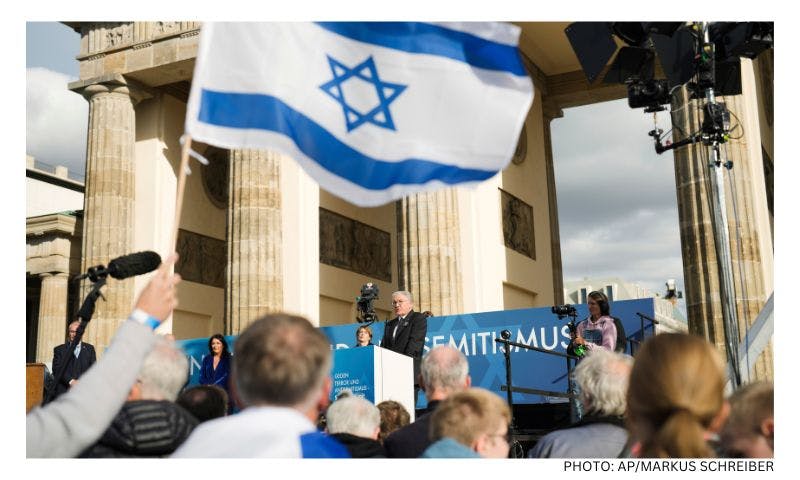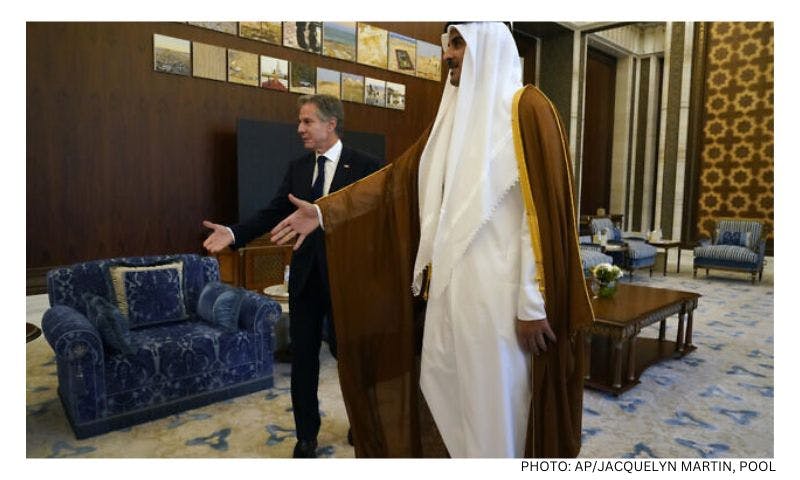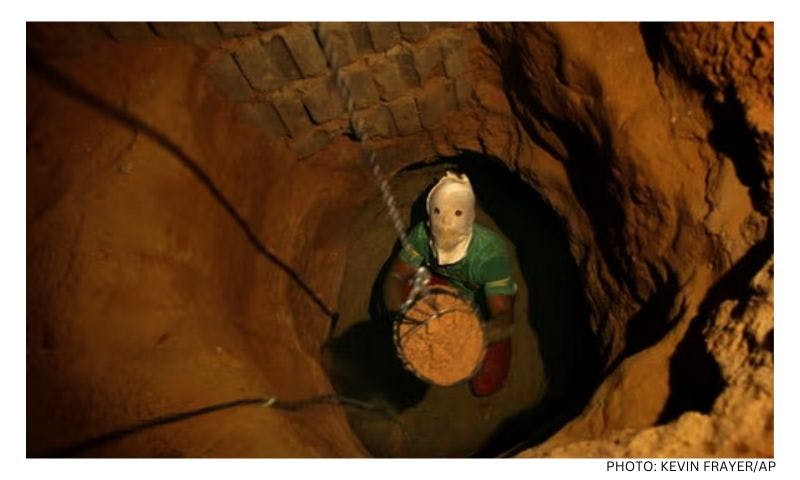Published: 30 November 2017
Last updated: 4 March 2024
Addressing a packed auditorium at Sydney University on Wednesday evening, Levy said it was clear that the two-state solution – long seen by the international community as the way forward for the region – was no longer attainable.
The Haaretz columnist and commentator, a long-time fierce critic of Israeli policy in the West Bank and Gaza Strip, urged Australia and other Western nations to show "real friendship" by helping to wean Israel off its "addiction" to "one of the [world's] most brutal and cruel occupations".
Levy, who delivered the 2017 Edward Said Memorial Lecture at the University of Adelaide last weekend, met briefly with Australia's Minister for Foreign Affairs, Julie Bishop, in Canberra on Tuesday. It was not a fruitful encounter.
"We were on totally different bases," he said. "I did my best to open her mind, but I'm not sure I succeeded ... I changed the subject, because I felt that talking about the Palestinians would lead me nowhere."
[gallery columns="1" size="large" ids="15864"]
Levy, whose talk formed part of the university's Sydney Ideas program, is one of Israel's most controversial journalists. Haaretz, where he has worked since 1982, was forced to hire bodyguards for him after a searingly critical opinion piece about Israel's aerial bombing of Gaza in 2014 provoked an angry backlash.
In his warmly-received address, he argued that no Israeli prime minister would ever end the occupation, nor would any US president exert the necessary pressure. It was unrealistic, moreover, to expect change to come from within Israeli society, which was "in denial ... about daily crimes [taking place] not over the oceans ... but 50 minutes or half an hour's drive from our homes".
Instead, the key to change lay with the outside world, and particularly civil society, Levy maintained. For allies like Australia, "when Israel is wrong, real friendship means criticising it ... I don't consider blind automatic support as friendship."
He recalled how Israel's Prime Minister, Benjamin Netanyahu, returned elated from a visit to Australia in February, declaring that he had enjoyed "the best days of his term" in the country.
After "many years of hesitation", Levy now supports the BDS (Boycott, Divestment, Sanctions) campaign. "When you see the almost hysterical reaction of Israel and the Jewish establishment to BDS, this is the best proof that it's effective."
He also believes international artists should boycott the country, "to make Israelis accountable for the crimes of the occupation".
After "many years of hesitation", Levy now supports the BDS campaign. "When you see the almost hysterical reaction of Israel and the Jewish establishment to BDS, this is the best proof that it's effective."
Explaining how he became converted to the idea of one state, Levy pointed to the lack of progress towards a two-state solution despite many years of peace talks, and to the relentless expansion of Jewish settlements in the West Bank.
The latter meant a Palestinian state was unfeasible, since "not one Israeli politician will be able to evacuate" the 700,000 Jews now living in the West Bank.
"The discourse must change, because the old discourse has failed," Levy said. "And we have to start to talk about something very simple: equal rights." For 50 years, Israel and the Palestinian Territories had, anyway, effectively been one state, "but part of it is under a non-democratic regime ... so it's about changing the regime".
He described the current state of affairs as an "apartheid system", adding that two visits to South Africa had convinced him that, despite lingering problems in that country, a one-state solution was the way forward.
He ascribed the Israeli public's "state of denial" about the occupation to three deeply-rooted beliefs: "that we're the chosen people ... that we're the biggest victims in history ... [and] that Palestinians are not exactly human beings like us".
Levy received no official invitations to meet the Jewish community while in Australia (and his visit has not received any coverage in the Australian Jewish News).
Despite his bleak reading of the Palestinian situation, he believes change is inevitable, and may come when least expected. "In the Middle East, one should be realistic enough to believe in miracles, and we need a miracle," he said.
RELATED
GIDEON LEVY, THE MOST CONTROVERSIAL JOURNALIST IN ISRAEL
WHAT AUSTRALIAN JEWISH COMMUNITY GROUPS SAY ABOUT GIDEON LEVY
Photo: Gideon Levy speaking at Sydney University on Wednesday night




